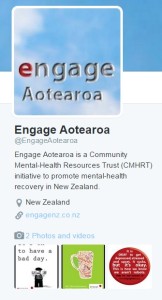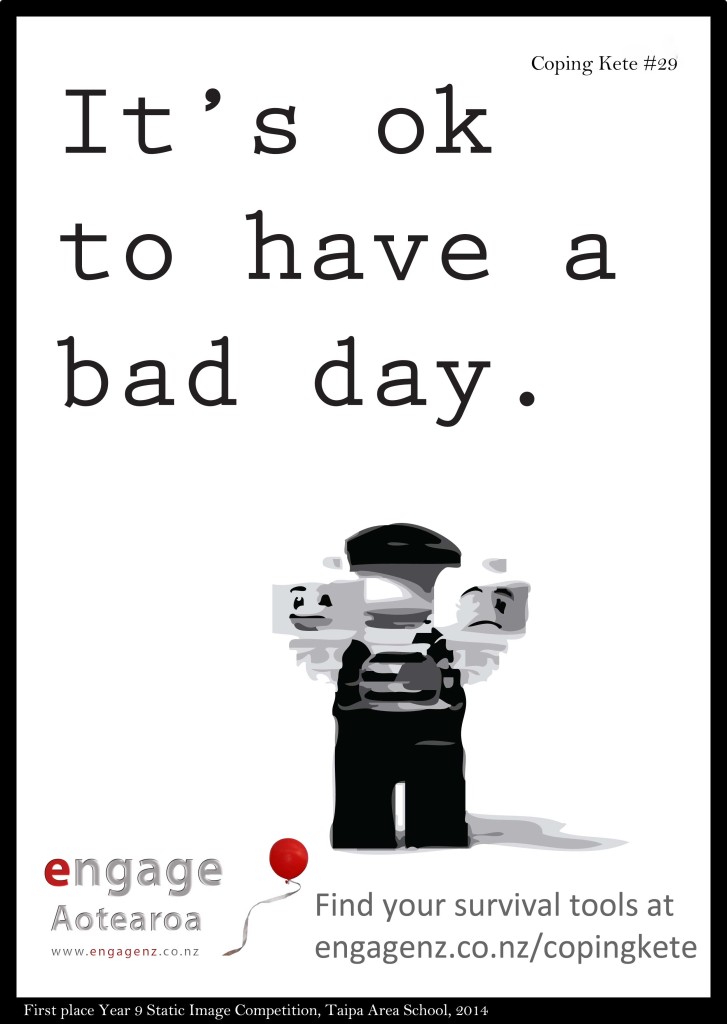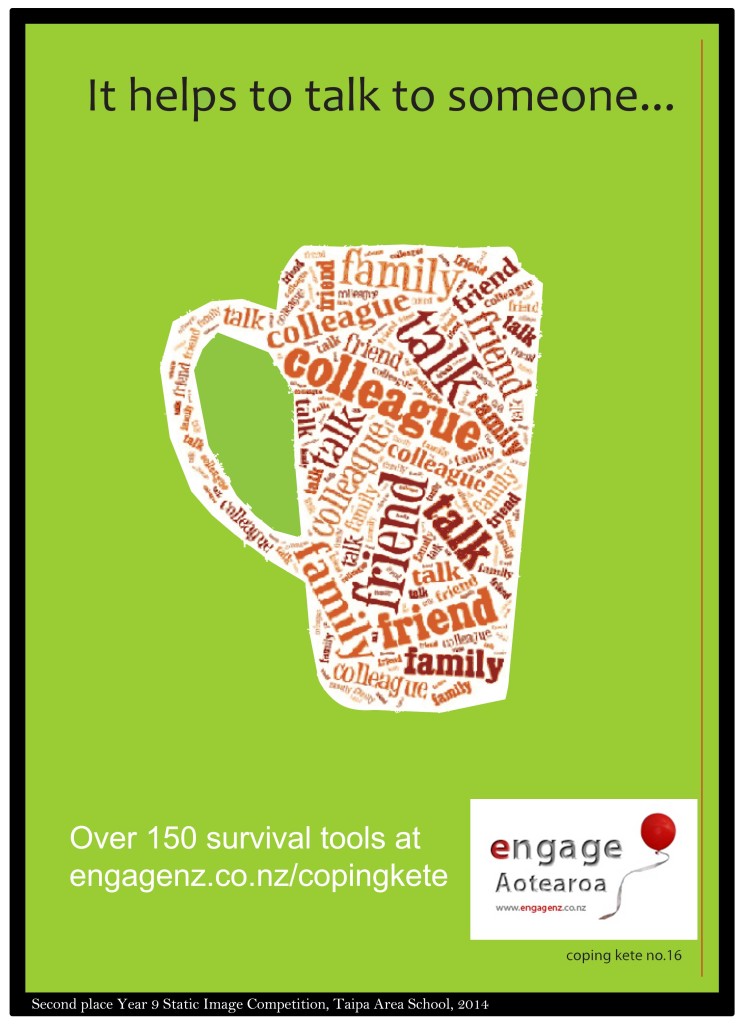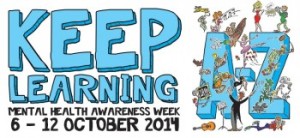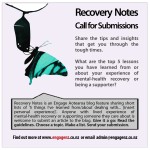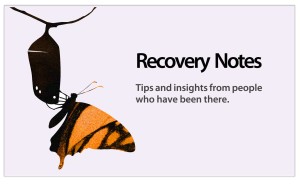
Five things I learned about coping with depression as a teenager
Recovery Note #4
~ Emma Edwards
1. It’s okay to not be okay
It is not a weakness to experience depression, anxiety, and other forms of distress as a teenager. It is quite common! Society tells us that we should look and behave in certain ways, and that we have to fit a certain stereotype in order to simply be accepted. I didn’t think it was okay to be struggling with depression when I was a teenager. I thought it meant I was weak and worthless. But admitting that I was not okay and that I did not know who I was took me on a journey of incredible discovery. I came out the other end of the dark tunnel with strength, purpose, and value for my life. I wouldn’t change a thing.
2. Connection is the key
It is incredibly lonely when experiencing depression – and I almost think it is more lonely when you experience depression as a teenager, during the life-stage in which you are trying to figure out how and where you fit in the world. At a time in your life when you are trying to fit in, you fall into a dark hole that isolates you – giving you no opportunity to find your place in the world. I isolated myself and was anxious to interact with anyone. However, the most useful thing for me was the one thing I did not want to do – it was to spend time with friends, family, and people who understood what I was going through.
“When you are at the bottom of the dark hole, it feels like every movement causes you to fall deeper. It is extremely difficult to see that each step actually takes you closer to the light of day.”
3. Asking for help actually helps!
Looking back, I had friends around me going through similar struggles, and I wanted them to be honest, ask for help, and let me support them. I saw them as courageous when they confronted their fears, darkness, and failures head-on. I learned that it takes more courage to be vulnerable, ask for help, and accept others’ support than it does to wrestle alone in the dark. I learned that friends, family, and professionals actually wanted to help me. Each time that I reached outside of myself and asked for help, my burden was lightened a little bit because it was shared with another. Even if the problem was not solved by the other person, at least I felt more understood, more loved, and less alone.
4. Balance between trust and supervision
I am sure my adolescent self would not admit this, but I’ve learned from looking back at my experience that it was helpful to have a balance of trust and supervision from my parents. I think this balance is largely determined by what is safe for us. As I built up trust with my parents, the amount of supervision I needed decreased. I found that, as my parents trusted me more, I learned to trust myself more – giving me confidence in myself. From my view, the helpful parent provides love, encouragement, support, practical help, and compassionate supervision.Blaming, minimising, or not being taken seriously are not helpful. Being listened to, provided with appropriate help, and shown compassion are essential.
5. It is never the end
There is always hope. I know clichés like “there’s a light at the end of the tunnel” often don’t provide much reassurance at the time, but it turns out they are actually true. When you are at the bottom of the dark hole, it feels like every movement causes you to fall deeper. It is extremely difficult to see that each step actually takes you closer to the light of day. But others can see it. Others can see the bigger picture because they are not in the dark hole with you. In these times, when all hope seems to have escaped you – I learned that I could rely on at least one person around me to hold the hope for me. When I could not see it, they could. When I could not believe, they believed. They held my hope, and gave it back to me when I could hold it again. It is never the end. There is always hope.
Emma Edwards
_ _ _ _
About the author: Emma Edwards is currently completing her doctorate degree. She was previously a registered mental-health professional, working in youth and adult mental-health settings. Her own service-user and family experience with mental-health struggles sparked her passion to support others and make a difference to those struggling to cope with difficult times.
Read more Recovery Notes here
Recovery Notes is an Engage Aotearoa project that asks people to share the top five tips and insights they have learned from or about their personal experiences of mental-health recovery or being a supporter.
Write your own Recovery Note
_ _ _ _
Copyright (c) Engage Aotearoa, 2014

